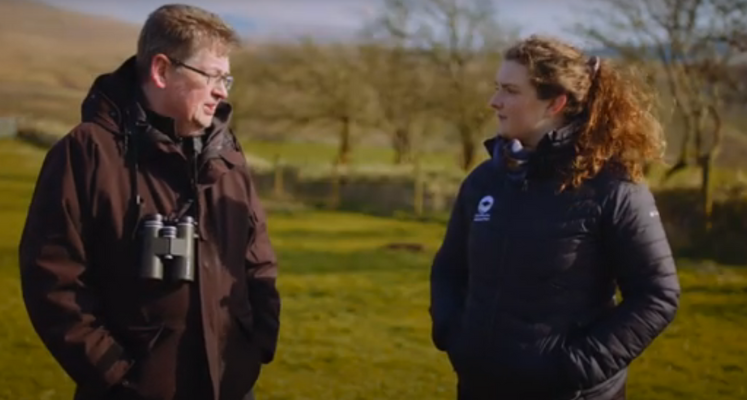
The much-loved Lake District has been shaped by a way of farming sheep that’s older than the pyramids. It is a unique pastoral process evolved by farmers to suit a unique environment. It is what makes the Lake District a World Heritage Site. Today, hill farmers sustain and uphold these cultural traditions, whilst navigating an existential crisis on many fronts. Through the West Lakeland community interest company (CiC), formed in 2021, a community of 40 farmers are tackling changing agricultural policy and the relationship between farming, the environment and climate change. The West Lakes CiC vision is to ensure the long-term sustainability of traditional, nature-friendly farming and land management in an area covering around 25,000 acres. It runs from Ennerdale to Wasdale Head, and takes in three commons: Kinniside, Stockdale Moor and Nether Wasdale and freehold fells. Upland farming and hill farming generates much of its own income says Amanda Carson from the CiC. This is reinvested into managing the landscape for public good she says: “Farmers have a powerful role to play in producing public benefits, which are not instead of sheep production, but because of it; producing healthy livestock and a healthy natural environment.” Being informed, and working together: resilience and adaptabilityAmanda Carson, one of the Directors of the CiC says: “To help us respond to the changing funding schemes for hill farming, we needed to understand and demonstrate how healthy our environment is. FiPL funding was used to commission habitat surveys of the commons and the waterways running through the landscape. “We mapped the natural assets of each of the farms and began discussions with farmers and between farmers. Topics we tackled included soil health, grassland management, carbon sequestration, improving profitability of farms by reducing inputs, and capitalising on the benefits of environmental farm assets. 10 things three years of FiPL funding has achieved
Communities are full of local knowledgeAmanda says the CiC has tried to keep abreast of all the changes to schemes and opportunities. “We’ve helped farmers during this transition by providing advice and tools to explore the different options available. It’s also been important to share our experiences with other groups and CIC’s so we can all learn together.” |